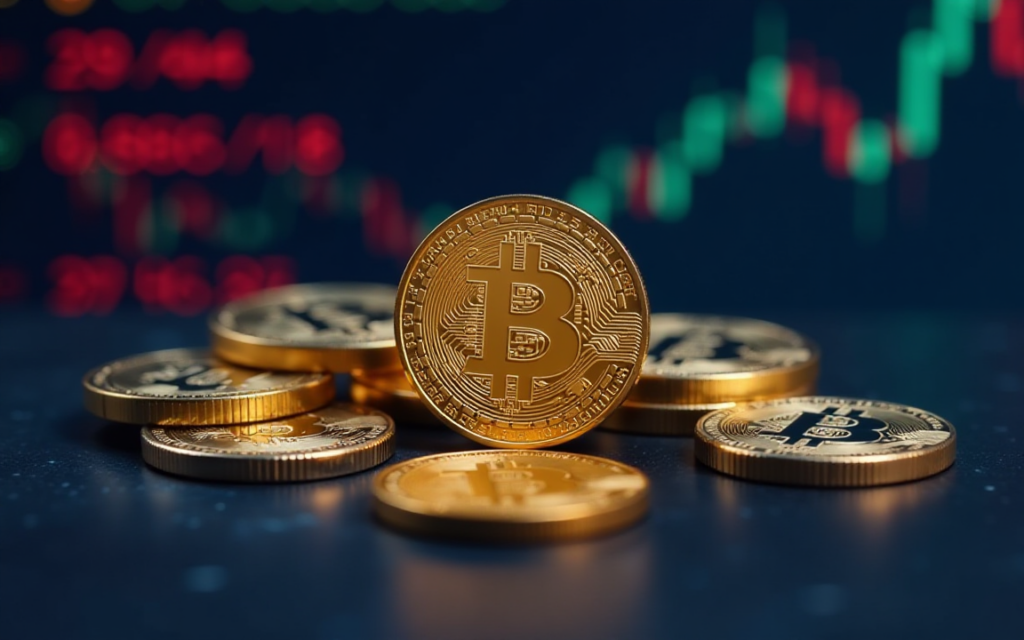
Latin America is swiftly becoming a hub for blockchain innovation, with countries like Brazil, Argentina, and Mexico at the forefront of adoption. Blockchain technology is transforming industries across the region, addressing key social and economic challenges such as financial inclusion, asset tokenization, and remittance automation.
Why Blockchain is Booming in Latin America
The adoption of blockchain in Latin America is driven by the need for financial inclusion and economic efficiencies. Companies like Bitso and Félix Pago have facilitated billions in transactions through crypto channels, particularly for remittances. Mexico, for example, sees record-breaking remittance volumes that are seamlessly managed via blockchain platforms.
Beyond banking, innovative use cases include election auditing, real estate tokenization, and enhancing transparency in non-profits. According to the Blockchain in Latin America Report 2025, Brazil leads with the most crypto users—around 25 million—while Argentina uses stablecoins as a hedge against inflation. Ethereum remains the dominant blockchain in the region, handling over 75% of all transactions, with Polygon following at 20%.
The FIRU Token: Revolutionizing Animal Welfare
One of the most groundbreaking projects in the region is the FIRU token, developed in Peru by World Animal Registry. Now listed globally on Coinstore, FIRU uses blockchain to register animals with ISO-certified microchips and IPFS-secured data. As an ERC-20 utility token, FIRU streamlines transparency, traceability, and global accessibility in animal care.
The project is currently active in countries like Spain, the United States, and across Latin America, managing over 12,000 animal registrations and partnering with more than 100 veterinary clinics. With its Coinstore listing, NGOs and animal shelters worldwide can use FIRU for donations and payments, amplifying efforts in animal welfare. Future plans include building its private blockchain and releasing a comprehensive 3.0 platform for veterinary record management and payment integration.
Challenges and Future Directions
Despite impressive growth, challenges like fragmented regulatory frameworks and limited financial education remain. Experts suggest that clear tax regulations and improved financial literacy are key to ensuring the long-term success of blockchain in Latin America.
For individuals eager to adopt secure crypto practices, investment in tools like the Blockstream Jade Hardware Wallet can provide a safe and reliable way to store their digital assets. These devices are crucial, especially in regions like El Salvador, where there’s significant interest in financial independence after Bitcoin’s adoption as legal tender.
The Rise of Crypto Independence
In El Salvador, companies like The Bitcoin Hardware Store in Playa El Zonte are educating locals on the importance of self-custody wallets and private key management. This shift towards secure, open-source devices reflects the growing demand for financial sovereignty in the region.
As LATAM continues to embrace blockchain, projects like FIRU and increased crypto education show that the region is not just catching up but blazing a trail for the future of Web3 technology. From remittances to real estate, Latin America is proving the transformative potential of blockchain technology.





